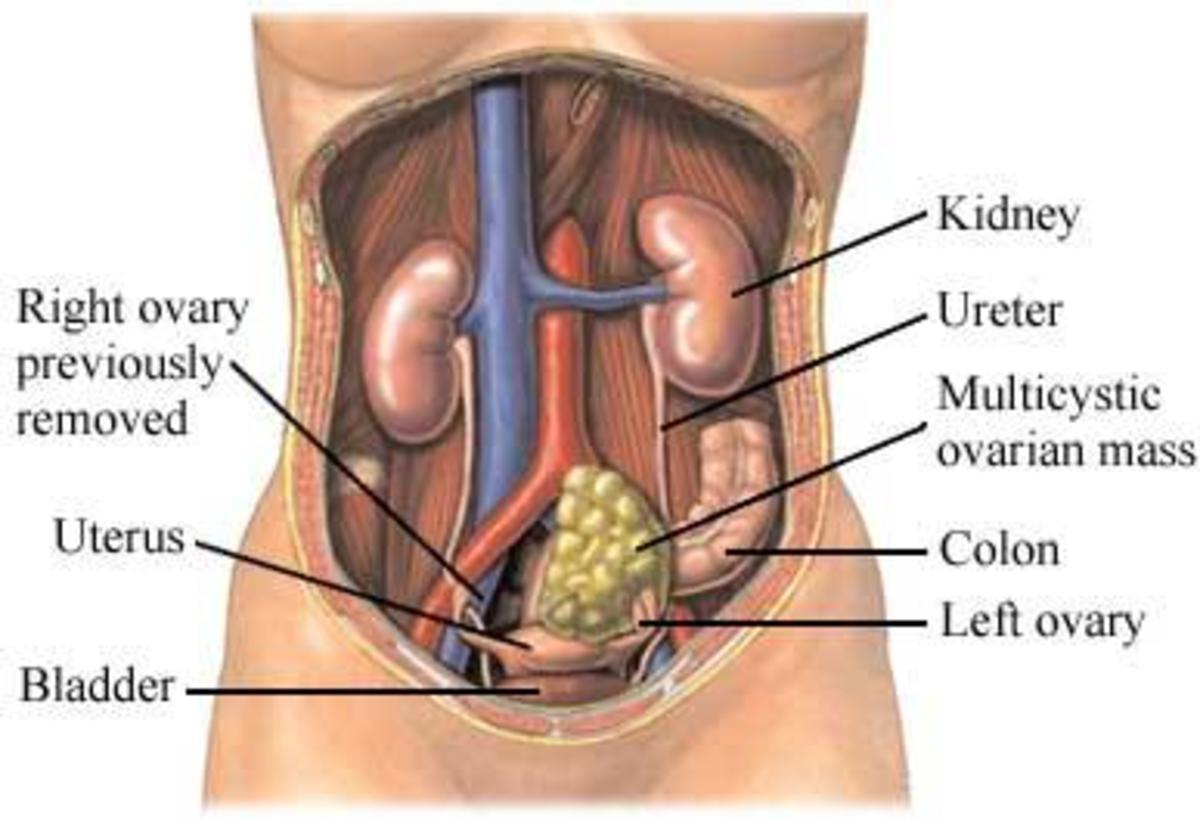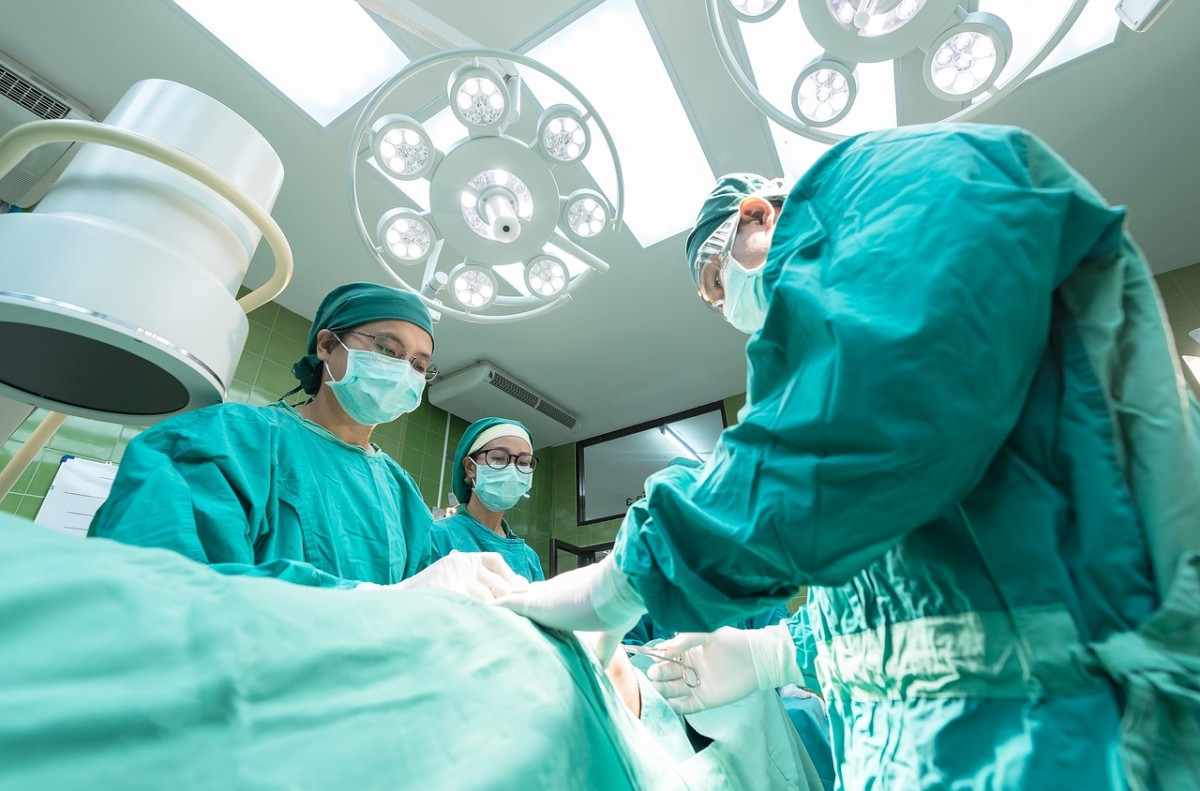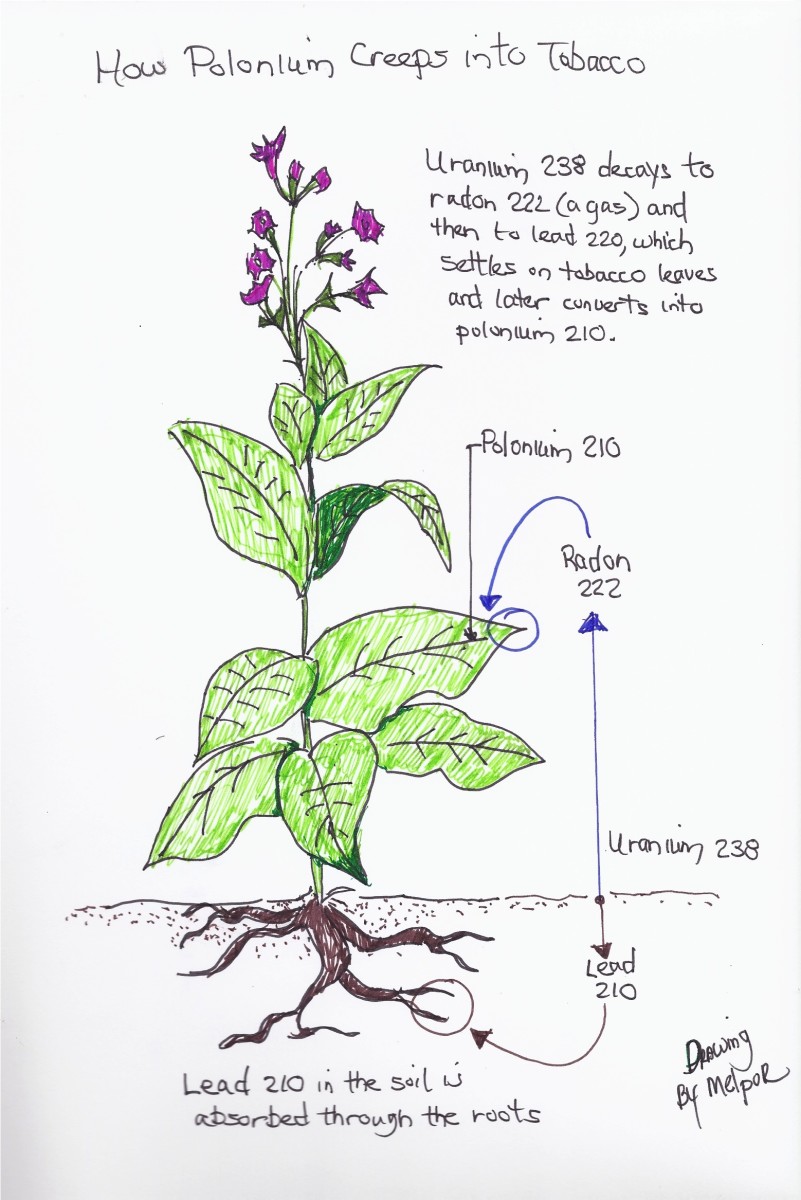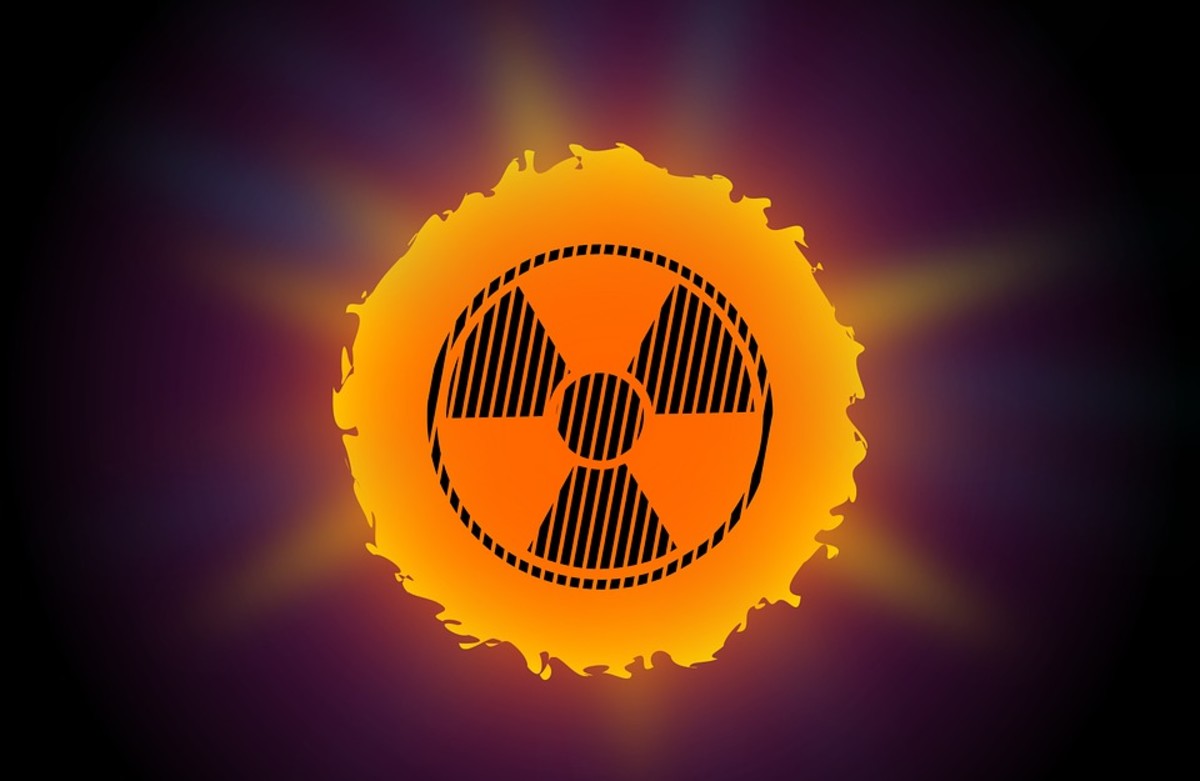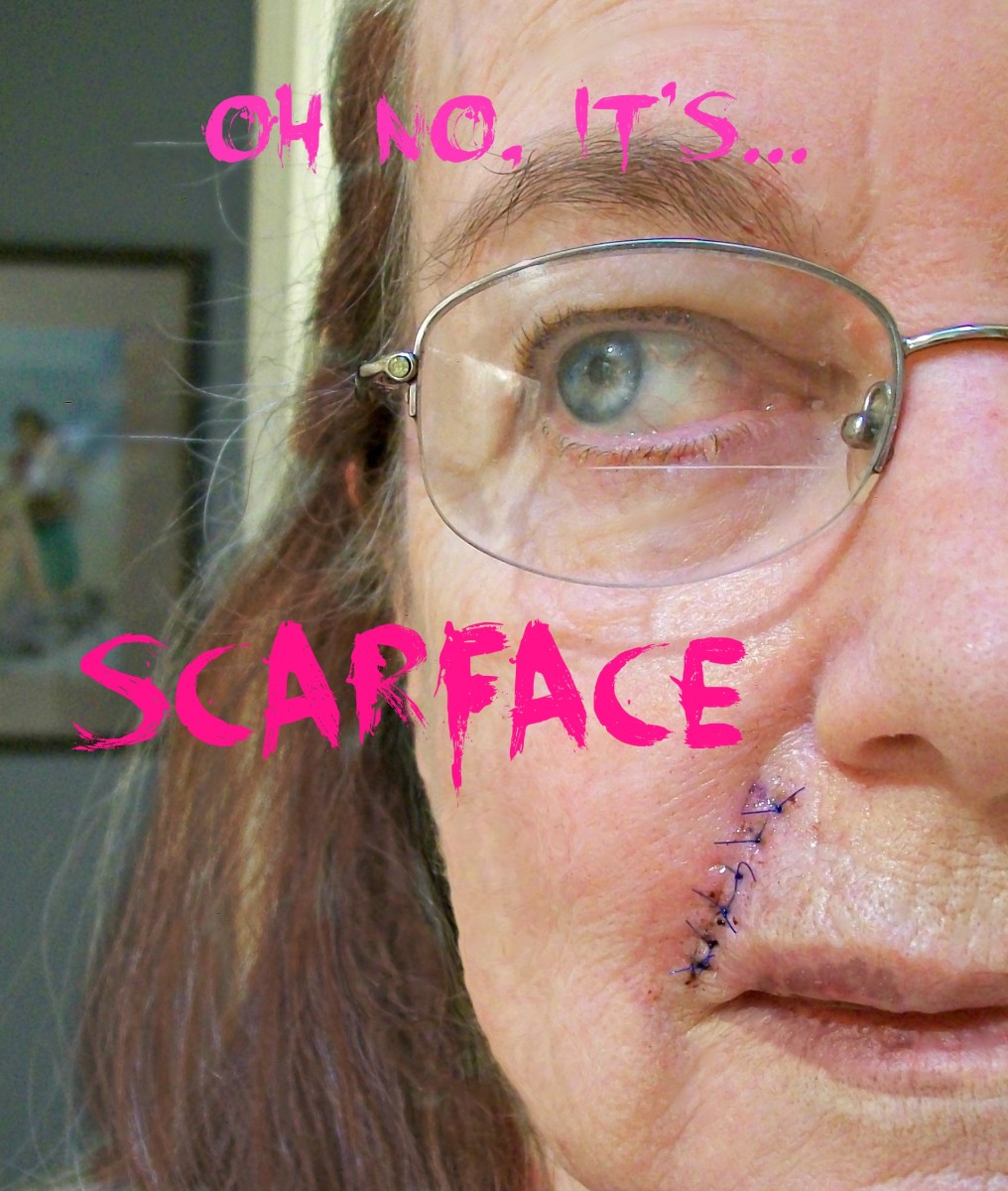Cancer Related Fatigue - Factors Influencing
Tiredness in Cancer(Cancer Related Fatigue)
Papaya is thought to improve Blood Count and reduce Cancer Related Fatigue
Cancer and fatigue
The National Comprehensive Cancer Network® defines cancer related fatigue as a distressing persistent, subjective sense of physical, emotional and/or cognitive tiredness or exhaustion related to cancer or cancer treatment that is not proportional to recent activity and interferes with usual functioning. Oncology patients express that they feel tired, weak, exhausted, weary, worn-out, heavy, or slow when they are fatigued.
Is fatigue a symptom of cancer?
Fatigue is an early symptom for leukaemia. Leukaemia is the cancer of the blood forming tissue. As you know, blood carries the oxygen from the lung to different tissues of the body. An abnormality in these tissues may lead to reduction in the number of functioning blood cells which could be the reason for fatigue among these cancer patients. Fatigue can also be an early symptom of lung cancer that affects breathing.
Chemotherapy and cancer related fatigue
All the modes of cancer treatments can induce fatigue, although the maximum amount of fatigue is experienced by patients undergoing chemotherapy. Chemotherapy aims at killing the rapidly dividing tumor cells. But as a side effect, the drugs will also attack other rapidly dividing cells of the body like bone marrow, hair follicles, gastro intestinal mucosa etc. This is the reason for hair fall in cancer patients receiving chemotherapy. It will also cause depression of the blood forming tissue in the bone marrow resulting in anaemia which in turn leads to fatigue. Even though there are many other side effects of cancer therapy, cancer related fatigue is the most distressing.
How to cope with Cancer-Related Fatigue
Other cancer related hubs by thumbi7
- Prevention of Cancer; How to prevent Lung Cancer?
Is it possible to prevent lung cancer? You may be thinking about smoking cessation. But there are other factors too. This hub describes the risk factors for lung cancer and the ways to prevent lung cancer - Symptoms of Cancer; What are the initial Signs and S...
Awareness about symptoms of cancer or warning signs of cancer empower you in the early detection of cancer. If you come across any one with these symptoms, let a doctor know it as early as possible
Radiation therapy and fatigue
Radiation and fatigue is also a topic under discussion and many studies are going on in this area to know the exact mechanism of radiation fatigue. Radiation is a localised form of treatment to kill the cancer cells locally. It is given to prevent locoregional recurrence where the tumor is operated or to shrink or reduce the tumor size when the tumor is not operated. Radiation acts by two different methods; direct and indirect. The radioactive energy can cause DNA strand breaks directly or can activate the water molecules in the cells to produce free radicals. These free radicals in turn can cause DNA strand breakage. In this process, radiation can cause injury to the normal cells also inducing oxidative stress and inflammation. This could probably be the reason for fatigue in patients receiving radiation therapy.
Other factors related to cancer related fatigue
Other than cancer and it treatments, there are many other factors playing a role in the development of cancer related fatigue.
- Anaemia is one of the important factors contributing to fatigue. In anaemia, the oxygen carrying capacity of the blood is decreased and it may result from cancer or its treatment. Anaemia can have different reasons like side effect of cancer treatment, lack of sufficient food intake etc..
- Cancer patients may experience cachexia or weight loss related to tumour growth and inflammation. As the disease progresses, their appetite considerably reduces because of cancer and its treatment. The resulting weight loss may contribute to cancer related fatigue.
- Decline in the physical condition and the resulting emotional distress may cause extreme fatigue in cancer patients.
- Lack of sleep and inactivity are the other two important reasons for fatigue. Many patients complain that they have difficulty falling asleep or there will be repeated arousals resulting in disturbed sleep.
- Another important area which has to be given special attention is pain management. Patients report cancer pain as intolerable and sickening. Breakthrough pain and continuous pain if not managed properly can lead to severe distress and fatigue.
- Poor nutritional status, dehydration, infection and other associated morbidities will also add to fatigue.
How is cancer related fatigue managed?
- Treating anemia is the first step in correcting fatigue. When the oxygen carrying capacity of blood is improved there will be significant reduction in fatigue.
- Plan the activities in such a way to make the most of patient’s energy. Prioritise the activities and give periods of rest in between.
- Moderate amount of exercises are found to be useful in combating cancer related fatigue. Many studies have experimented exercise as an intervention for fatigue.
- Mind and body exercises like qigong, tai chi, yoga and meditation etc are also being studied around the world and are found to have beneficial effects.





